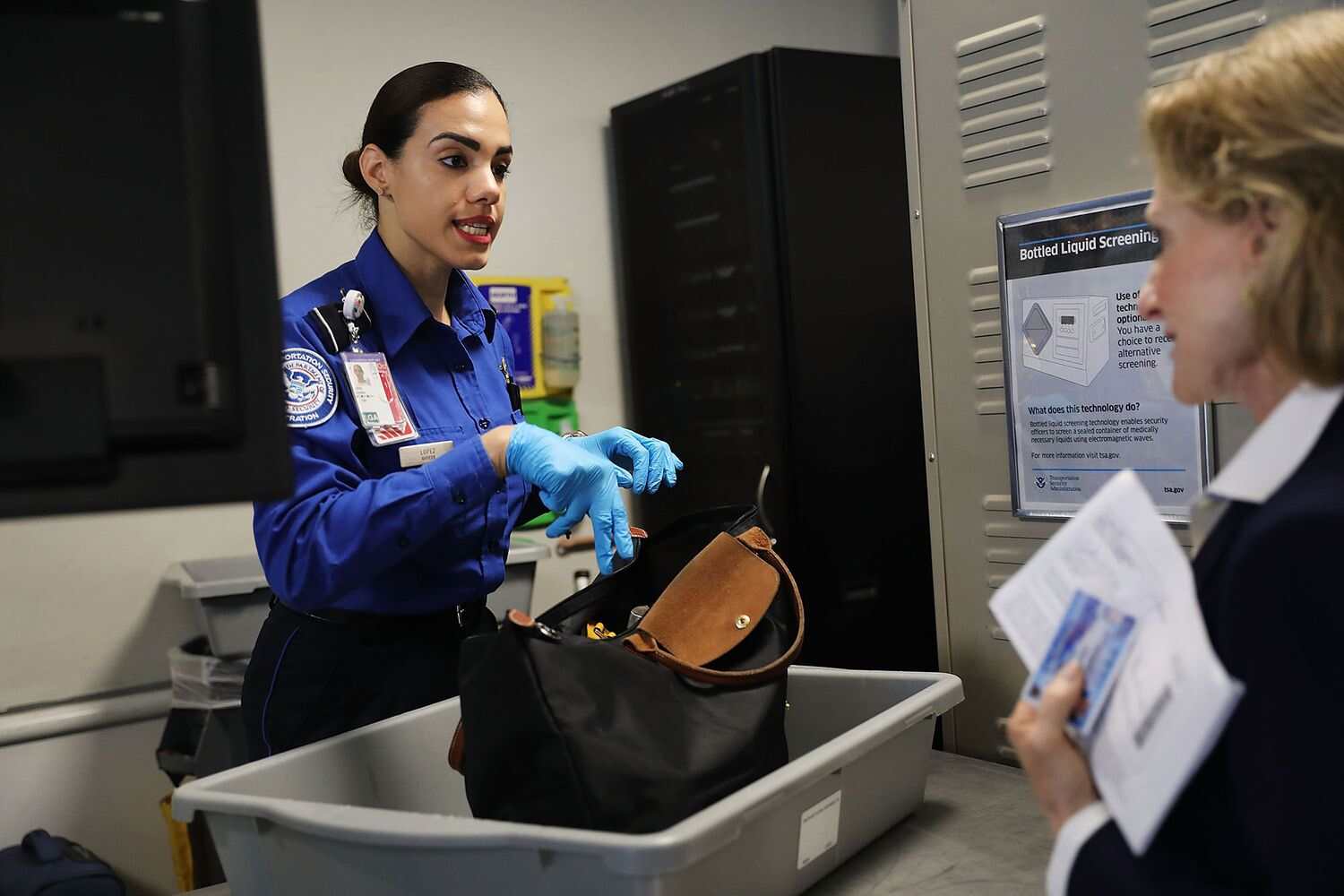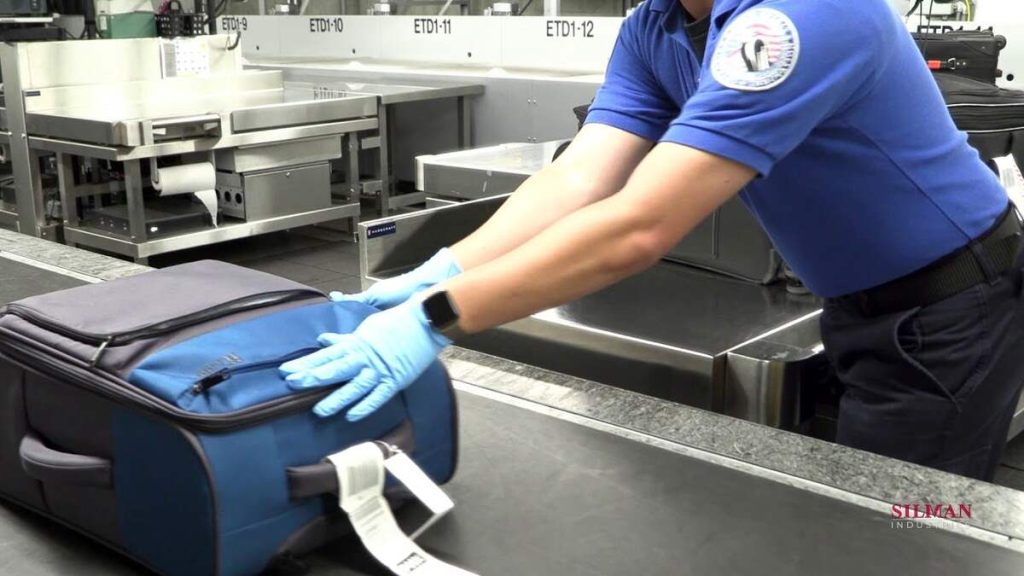Have you ever wondered who ensures the safety of your belongings and the security of your travels? Meet the Baggage Inspector, the unsung hero of the travel world. These dedicated professionals play a crucial role in maintaining the safety and security of all passengers by meticulously inspecting luggage and other personal items. But what exactly does a baggage inspector do, and why is their role so important?
Role and Responsibilities
Primary Duties
At the core of their job, baggage inspectors are responsible for scanning and examining passengers’ luggage for any prohibited or dangerous items. This includes everything from weapons and explosives to contraband and restricted goods. Using advanced technology, such as X-ray machines and metal detectors, they ensure that nothing harmful makes its way onto an aircraft or into a transportation hub.
Secondary Duties
Beyond their primary task of inspection, baggage inspectors often assist in other security measures. This can include verifying passenger identification, managing security checkpoints, and providing assistance to law enforcement when necessary.
Interaction with Passengers
A significant part of a baggage inspector’s role involves interacting with passengers. This requires excellent communication skills, patience, and the ability to handle potentially stressful situations with calm and professionalism.
Qualifications and Skills
Educational Requirements
To become a baggage inspector, a high school diploma or equivalent is typically required. However, many employers prefer candidates with additional education in fields such as criminal justice or security management.
Necessary Skills
Key skills for a successful baggage inspector include attention to detail, strong observational abilities, and excellent problem-solving skills. Being able to think quickly and make sound decisions is crucial in this role.
Physical and Mental Attributes
The job can be physically demanding, requiring inspectors to stand for long periods and handle heavy bags. Mental stamina is equally important, as the work often involves high-stress situations and the need to stay vigilant and focused.
Training and Certification
Initial Training Programs
New baggage inspectors undergo comprehensive training programs that cover everything from the basics of security protocols to the operation of complex screening equipment. This initial training is crucial for ensuring that inspectors are fully prepared for their responsibilities.
Ongoing Education
Security threats and technologies are constantly evolving, so ongoing education is essential. Baggage inspectors regularly participate in refresher courses and advanced training sessions to stay up-to-date with the latest developments in their field.
Certification Processes
Certification varies by country and employer, but generally involves both written and practical exams. Certification ensures that inspectors meet the necessary standards and are capable of performing their duties effectively.
Tools and Technology
X-Ray Machines
X-ray machines are a primary tool for baggage inspectors. These devices allow inspectors to see inside luggage without opening it, making it easier to detect hidden items.
Metal Detectors
Metal detectors are used to find metallic objects that might be concealed within baggage. These can range from small knives to larger weapons.
Manual Inspection Tools
In some cases, inspectors must perform manual inspections using tools such as gloves, magnifying glasses, and chemical detection kits to thoroughly check bags for prohibited items.
Work Environment
Airport Setting
The majority of baggage inspectors work in airports, where they are a key part of the overall security team. This environment can be fast-paced and stressful, especially during peak travel times.
Other Transportation Hubs
Baggage inspectors can also be found in other transportation hubs, such as train stations and seaports. Each setting presents its own unique challenges and requires a tailored approach to security.
Typical Work Hours
Baggage inspectors often work in shifts, as transportation hubs operate around the clock. This means they may need to work nights, weekends, and holidays.
Challenges Faced
High-Stress Situations
The nature of the job means that baggage inspectors frequently encounter high-stress situations. They must remain calm and composed to effectively manage these challenges.
Dealing with Uncooperative Passengers
Not all passengers are cooperative, and inspectors must know how to handle confrontations diplomatically and professionally.
Staying Updated with Security Protocols
With security protocols constantly changing, baggage inspectors must stay informed about the latest guidelines and procedures to ensure compliance.
Importance of Security in Travel

Security plays a crucial role in the travel industry, some of them include:
1. Preventing Illegal Activities: Baggage inspectors are on the front lines of preventing illegal activities, such as smuggling and terrorism. Their vigilance is critical in keeping everyone safe.
2. Ensuring Passenger Safety: By detecting and removing dangerous items from luggage, inspectors play a direct role in ensuring the safety of passengers and crew members.
3. Enhancing Travel Experience: While security checks can be a hassle, they ultimately contribute to a safer and more secure travel experience for everyone.
Career Opportunities for Baggage Inspectors
Advancement within the Field
Baggage inspectors can advance to higher positions within the security team, such as lead inspector or security manager. These roles come with greater responsibilities and higher pay.
Related Career Paths
Skills gained as a baggage inspector can transfer to related careers in law enforcement, private security, and emergency management.
Job Market Outlook
The demand for baggage inspectors is expected to remain steady, as the need for security in transportation continues to be a top priority.
Impact of Technology on the Role
Advances in Security Technology
New technologies, such as advanced imaging systems and artificial intelligence, are revolutionizing the field of baggage inspection. These tools help inspectors detect threats more efficiently and accurately.
Automation and AI in Baggage Inspection
Automation and AI are increasingly being integrated into baggage inspection processes. While these technologies can enhance efficiency, they also require inspectors to adapt and learn new skills.
Future Trends
The future of baggage inspection will likely see even more sophisticated technology, including biometrics and enhanced data analytics, further improving security measures.
Real-Life Examples and Case Studies
Notable Incidents Prevented
Baggage inspectors have been instrumental in preventing numerous potentially dangerous incidents over the years. Here are a few notable examples that highlight their critical role:
1. Attempted Bombing Foiled
In 2006, at a major international airport, a baggage inspector detected suspicious materials inside a passenger’s luggage. Upon further inspection, it was discovered that the passenger was attempting to smuggle a homemade explosive device onto an aircraft. The quick actions of the inspector not only prevented a potential disaster but also led to the arrest and prosecution of the individual involved.
2. Drug Smuggling Operation Uncovered
A vigilant baggage inspector at a coastal seaport detected unusual behavior from a passenger and decided to conduct a thorough inspection of their baggage. The inspection revealed a large quantity of illegal narcotics cleverly concealed within the lining of a suitcase. This discovery led to the dismantling of a significant drug smuggling operation and the arrest of several key figures involved in the illegal trade.
3. Firearms Interception
In 2019, an inspector at a regional airport identified a firearm hidden inside a passenger’s carry-on bag. The passenger had attempted to bypass security by disassembling the firearm and distributing its parts among various items in their luggage. The inspector’s keen eye and adherence to security protocols ensured that the firearm was intercepted before it could pose a threat to passenger safety.
4. Preventing Wildlife Trafficking
At an international hub known for its strict wildlife protection regulations, a baggage inspector noticed irregularities in an X-ray scan of a suitcase. Further examination revealed several endangered species of reptiles and birds being smuggled in cramped conditions. The timely intervention of the inspector not only saved the animals from harm but also contributed to the crackdown on illegal wildlife trafficking networks.
5. Chemical Threat Averted
In 2021, a baggage inspector at a major airport discovered a suspicious chemical substance during a routine inspection. The chemical, later identified as a precursor for a toxic substance, was confiscated, and the passenger was detained for questioning. The inspector’s diligence prevented a potential chemical threat from being realized and highlighted the importance of thorough baggage screening.
These examples underscore the vital role that baggage inspectors play in maintaining security and safety in transportation environments. Their expertise, vigilance, and commitment to their duties ensure that passengers can travel with confidence, knowing that potential threats are being effectively managed and neutralized.
Passenger Tips for Smooth Inspection
Packing Tips
Packing smartly can help passengers get through inspections more smoothly. This includes organizing items neatly and avoiding prohibited items.
What to Declare
Knowing what items need to be declared can save time and prevent issues during inspection. This includes declaring large sums of money, electronics, and certain types of food.
How to Handle Special Items
Certain items, such as medical devices or valuable electronics, require special handling. Passengers should be aware of the best practices for these items to avoid delays.
Conclusion
Baggage inspectors play an essential role in ensuring the safety and security of our travels. Their meticulous work, often behind the scenes, helps prevent illegal activities and ensures that passengers can travel with peace of mind. As technology continues to evolve, the role of baggage inspectors will adapt and grow, but their importance will remain unwavering.
FAQs
How can I make my baggage inspection process smoother? To make your baggage inspection smoother, pack your items neatly, avoid prohibited items, and be prepared to declare any special items or large sums of money.
What items are commonly flagged during inspections? Commonly flagged items include liquids over the allowed limit, sharp objects, electronics, and certain types of food.
How are baggage inspectors trained? Baggage inspectors undergo comprehensive training programs that include both theoretical and practical components. They also participate in ongoing education to stay updated with the latest security protocols.
Are there differences in baggage inspection standards between countries? Yes, there are differences in baggage inspection standards between countries. However, international standards and regulations help maintain consistent security across borders.
What happens if my baggage is flagged during inspection? If your baggage is flagged during inspection, it will be subjected to further examination. This may involve a manual inspection or additional screening using advanced technology.
